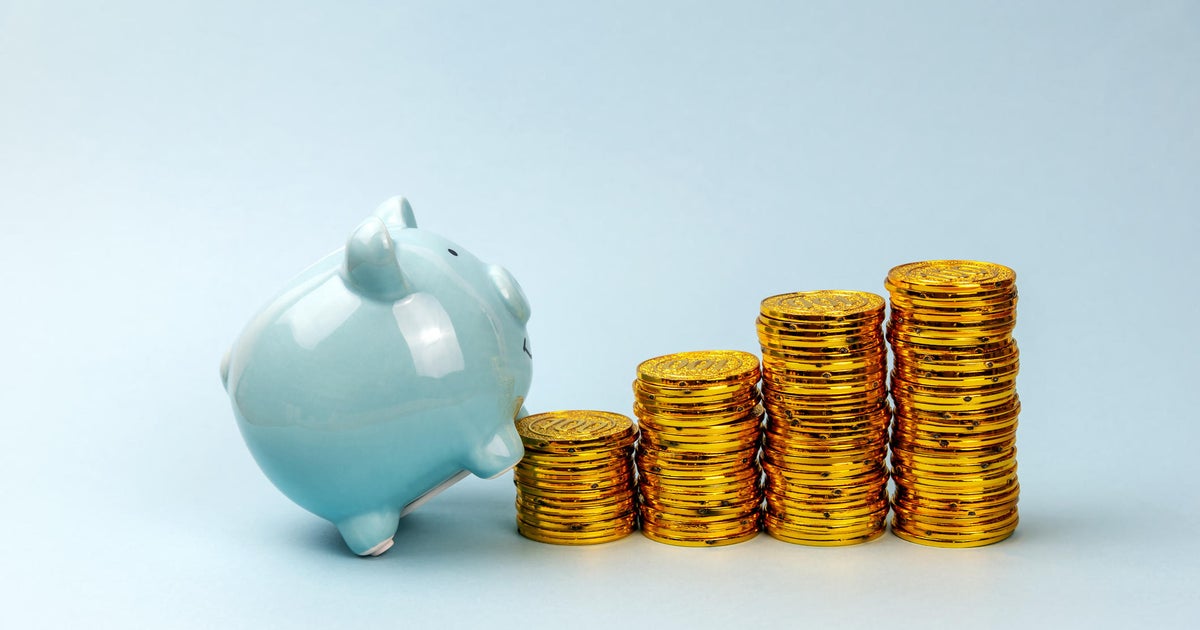Inflation accelerated in September, with consumer prices growing 5.4%
Inflation accelerated in September, with consumer price pressures across America showing no sign of easing ahead of the all-important holiday shopping season.
Consumer prices increased 5.4% from the year-ago period, slightly faster than their 5.3% increase the previous month and on par with the increases in June and July. Core inflation — which strips out volatile food and energy costs — grew 4.0%, the same spike as in August.
It's the fastest rate of inflation in 13 years, matching the pace set in July.
The unexpected burst of inflation this year, as the country began to emerge from its pandemic lockdown, reflects sharply higher prices for food and energy, but also new and used cars, hotel rooms, airplane tickets and furniture, among other goods and services.
"Prices for food and shelter were responsible for more than half the [September] increase in CPI. Those costs, in addition to higher gas prices, hit lower-income prices particularly hard," Robert Frick, corporate economist at Navy Federal Credit Union, said in a note. "Higher food prices can be blamed on temporary issues, such as weak supply lines including expensive trucking. But higher shelter costs will remain after supply lines are mended."
COVID-19 has shuttered factories in Asia and slowed U.S. port operations to a crawl, leaving packed container ships anchored at sea and consumers and businesses paying more for goods that don't arrive for months. A persistent shortage of microchips is expected to keep prices for electronics, appliances and cars high for the foreseeable future.
Rising prices are also outstripping the pay gains many workers are able to obtain from businesses, who are having to pay more to attract employees. Average hourly wages rose 4.6% in September from a year earlier — a healthy increase, but not enough to keep up with inflation rates that are higher than that.
A year of persistently high prices led the Social Security Administration to announce its biggest annual cost-of-living adjustment in more than 30 years. Benefits will jump 5.9%, or an average of $75 for the typical recipient, the government said Wednesday.



